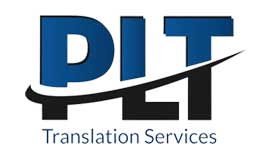
Accurate legal translation is crucial for employment document cases in court. It ensures faithful representation of intricate workplace disputes, encompassing contract disputes, wrongful terminations, and discrimination cases, all while upholding fairness and justice. Precision requires meticulous attention to legal terms, contextual nuances, and document intent.
Translating employment documents surpasses mere language conversion; it demands an understanding of legal subtleties. Terms like “employment contract,” “confidentiality agreement,” “non-compete clause,” and “severance package” must retain legal weight. Contextual accuracy captures workplace dynamics, roles, and agreement intentions, pre-empting misinterpretations that could distort court judgments.
The translation should transparently convey both employer and employee rights, duties, and obligations, elucidating terms, compensation, working hours, and dispute resolution steps.
Ensuring accuracy necessitates a grasp of legal concepts, jurisdiction-specific employment laws, and fluency in both languages. Adherence to local legal standards is pivotal to conform with regulations.
Translation errors may inadvertently favor one party, skewing outcomes or hindering court comprehension. Inaccuracies risk miscommunication, jeopardizing impartial adjudication.




